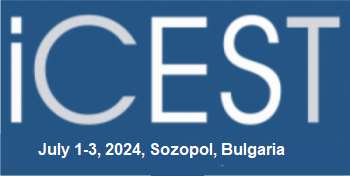Prognostics and Health Management of Solid Oxide Fuel Cell Systems: Challenges, Accomplishments and Trends
Boštjan Dolenc, Pavle Boškoski
Department of Systems and Control, Jožef Stefan Institute, Jamova 39, 1000 Ljubljana, Slovenia
ABSTRACT
Migration from fossil fuels towards the environmentally friendly energy alternatives in order to achieve a reduction of the emission gasses has been in the very focus of the policy makers and technology developers during the last two decades. One of the attractive options, especially in what concerns stationary operations, are solid oxide fuel cell systems (SOFCs), the devices that convert the chemical energy of fuels into electrical energy and heat. They excel a range of nice features such as (i) no need for expensive catalysts thanks to the operation at high temperatures, (ii) great fuel flexibility (e.g. natural gas, syngas, hydrogen), high efficiency and expected low manufacturing costs in case of massive production. Unfortunately, high temperatures during operation trigger some undesirable side degradation processes and premature ageing of the materials, which lead to the reduced efficiency, lowered reliability and shortened the operating life of the cells. Those are major obstacles that preclude this exciting technology from massive commercialisation. In the quest for advancements, the researchers and manufacturers have spent great effort to gain a profound understanding of the degradation phenomena on one hand and to seek for the solutions on the system level that help better monitor the process, timely reveal the degraded condition status, anticipate the remaining life span and take the best accommodation actions. Prognostics and Health Management (PHM) is the enabling technology that helps meet these goals by converting knowledge on failure mechanisms into decisions on system lifecycle management.
In this talk, we will first review the position and perspective of SOFCs within the modern energy ecosystem and get acquainted with the very basics of their operation. The bulk of the talk will centre at the most recent and remarkable advances in the domain of PHM of SOFC systems. The new emerging solutions include algorithms as well as low-cost platforms for commercial implementation of the PHM solution that are expected to enhance the overall performance of SOFCs and decrease notably the life-cycle costs. The final part of the talk will share some views on the perspectives of PHM for the future SOFC systems by taking into account the rapid advancements in enabling sensors technologies, cloud computing and data science.
